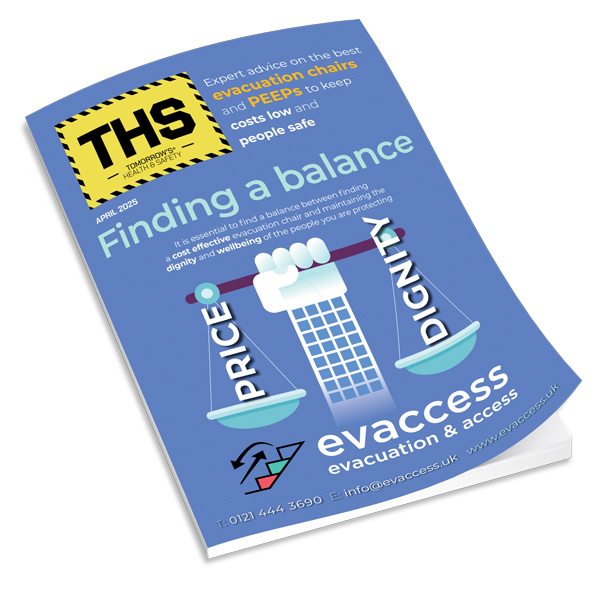Students from construction-related courses have been warned breathing in asbestos fibres is like “playing Russian roulette” with their lives.
About 100 young tradespeople from Boston College heard about the devastating impact asbestos exposure can have from Philip Baker, an ambassador of No Time to Lose, the Institution of Occupational Safety and Health’s (IOSH) occupational cancer campaign.
Mr Baker urged the youngsters, who are studying courses including plumbing, carpentry and bricklaying, to be aware of whether there is a risk of them disturbing asbestos when they start work on a site – and to insist their employers take preventative measures.
Inhaling the near-invisible asbestos fibres can cause damage deep inside lungs and other soft tissues leading to deadly cancers like mesothelioma decades later.
“If you breathe in asbestos, you are effectively playing Russian roulette with your life because there’s a chance you will get terminal cancer later in life,” Mr Baker told the students. “Make no mistake, asbestos is a killer.”
Each student was provided with free resources which IOSH has produced as part of its campaign. These include information on where asbestos can be found and what workers should do if they believe they may have disturbed it.
Asbestos-containing materials only pose a threat if they are disturbed or begin to decay – but workers making alterations to buildings or fixing pipes in floors, walls and ceilings are more likely than most to disturb asbestos fibres if they’re there, meaning tradespeople are among those most at risk.
Asbestos has been banned in Britain since 1999 but it still lurks in hundreds of thousands of buildings constructed before this date, meaning many people are being exposed today.
Death rates from mesothelioma in Lincolnshire have risen sharply in the past few decades. Between 2011 and 2015, the most recent available figures, 161 people in the county died from the disease – up from 14 between 1981 and 1985.
The talk at the college, on Tuesday 27 November, was the second which IOSH has arranged in Lincolnshire through its partnership with the Chartered Institute of Plumbing and Heating Engineers (CIPHE). The previous talk took place at University Academy Holbeach, near Spalding.






















